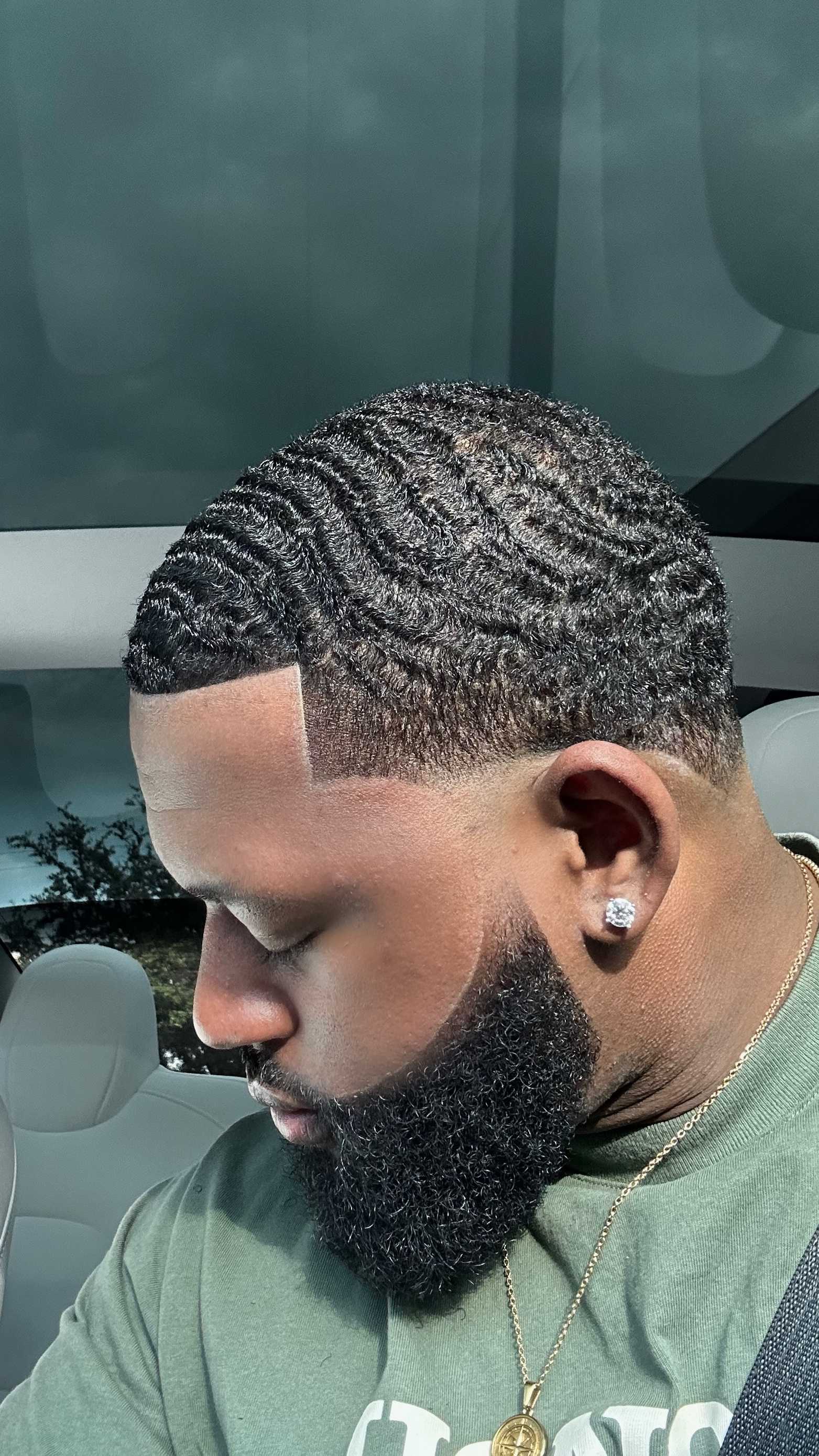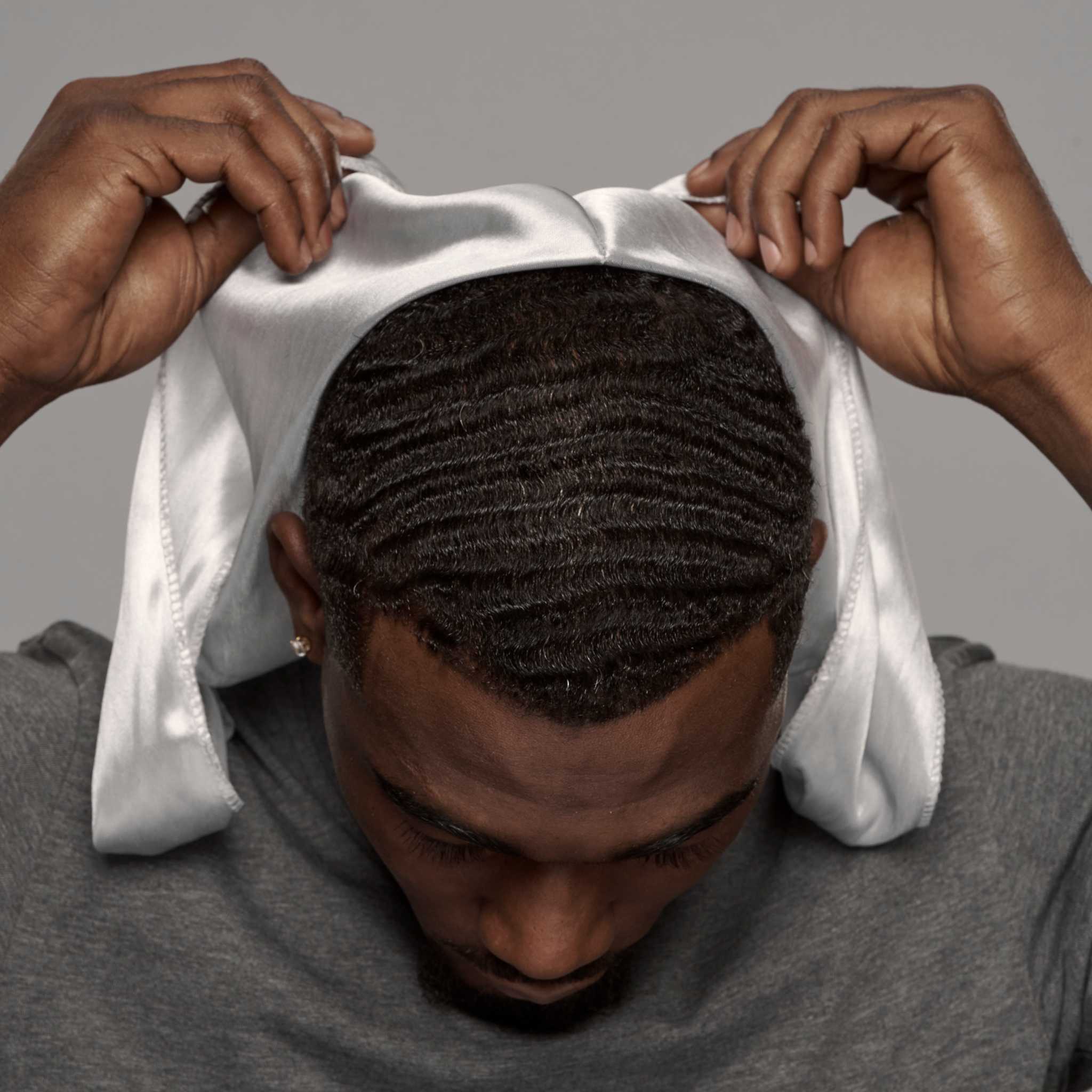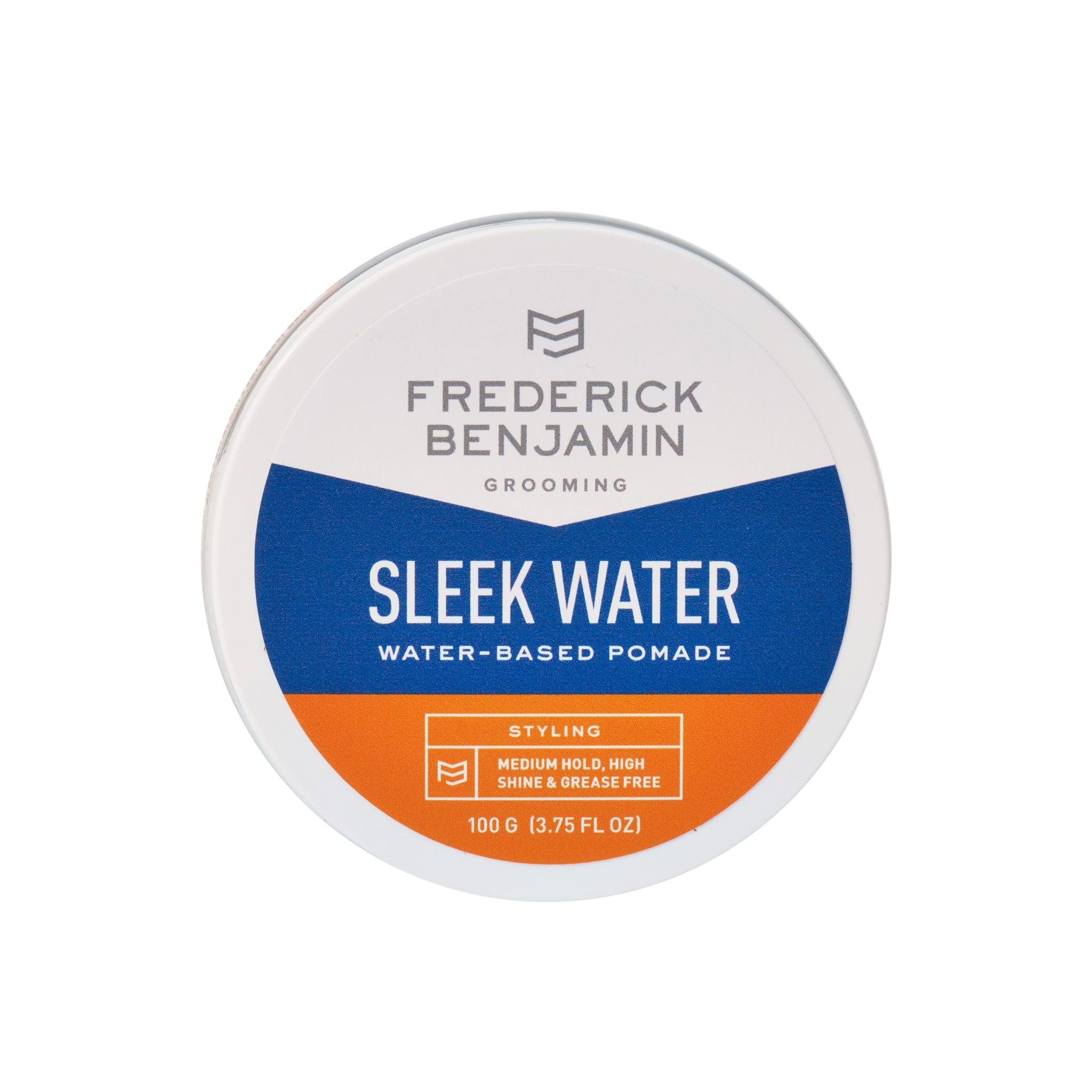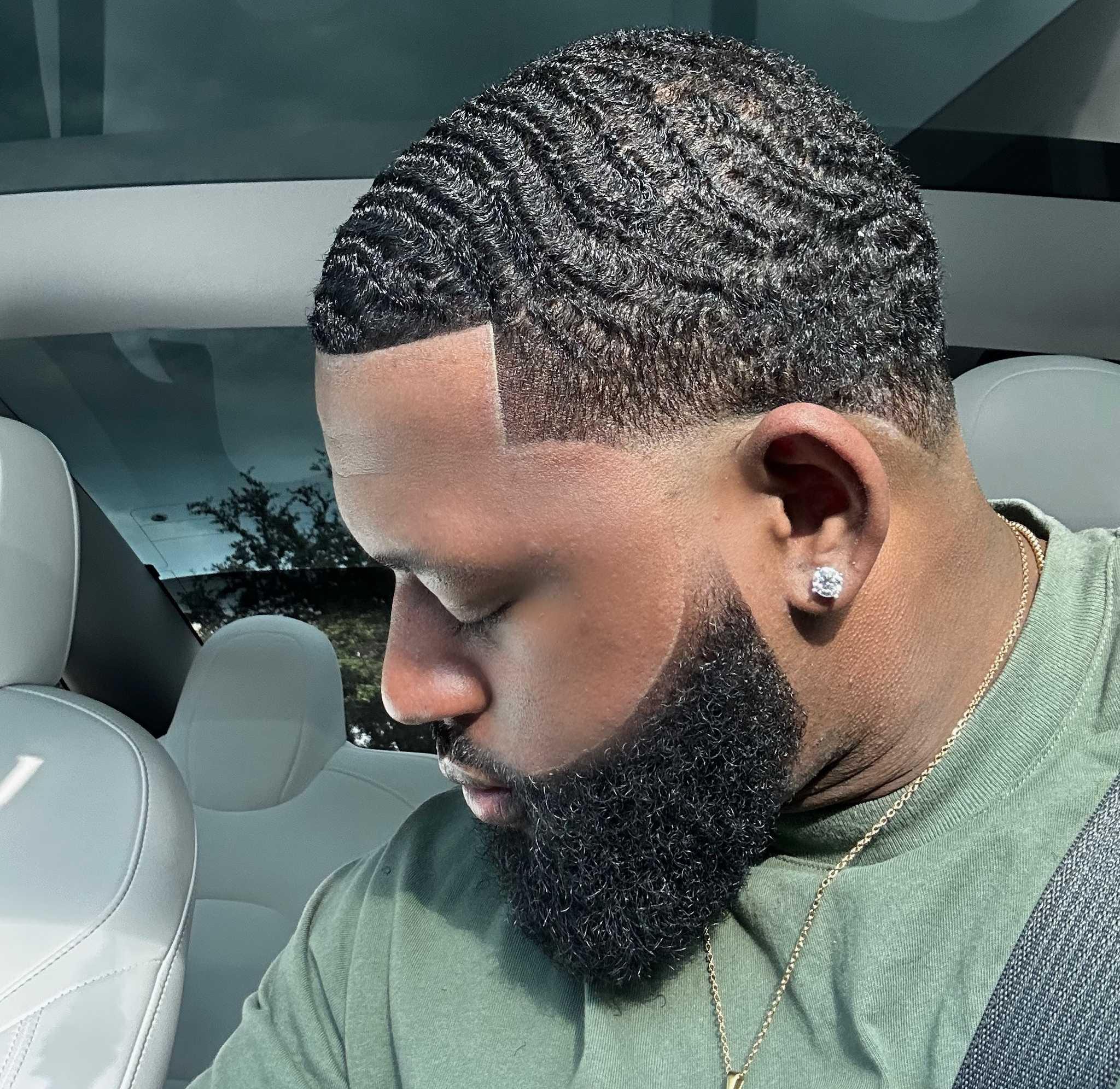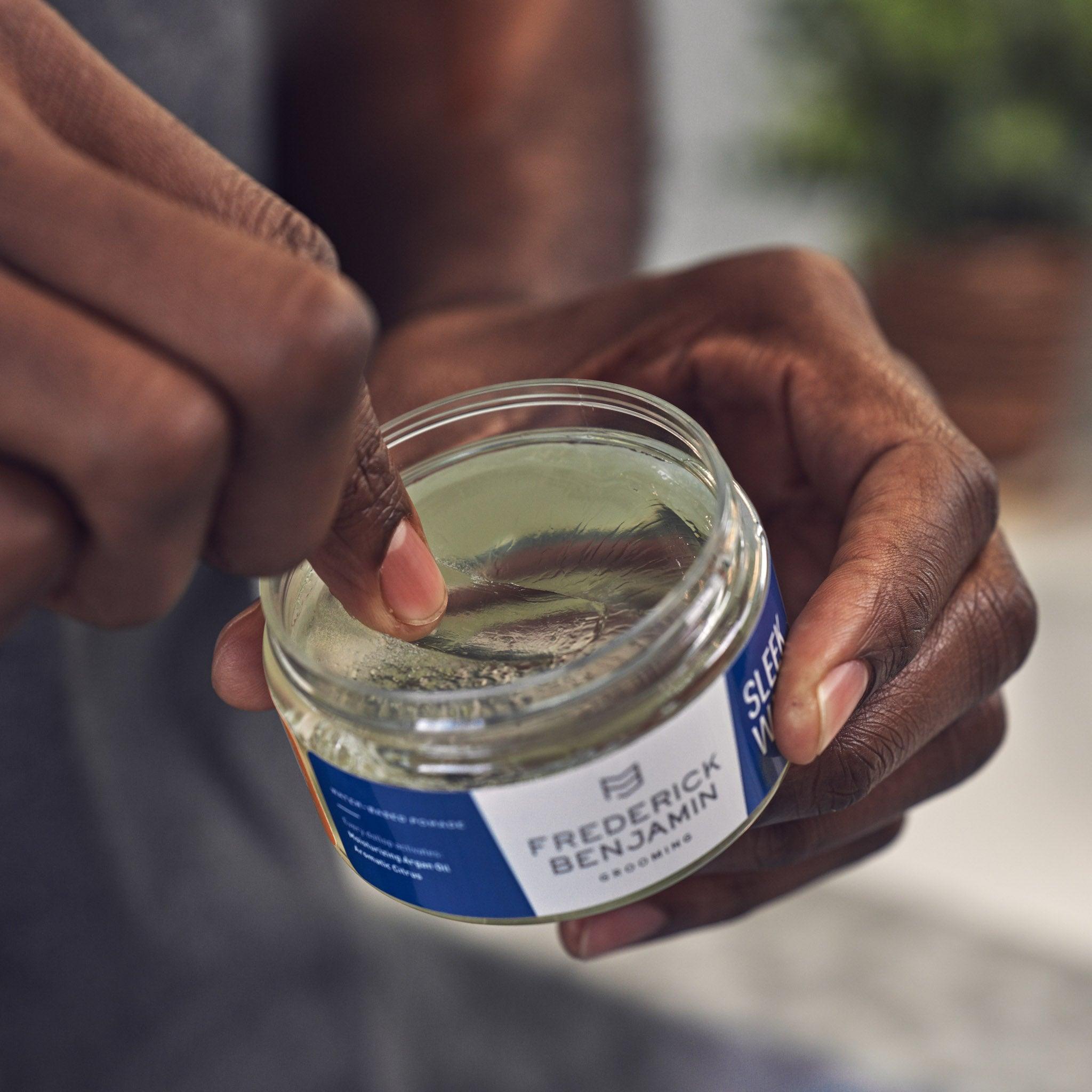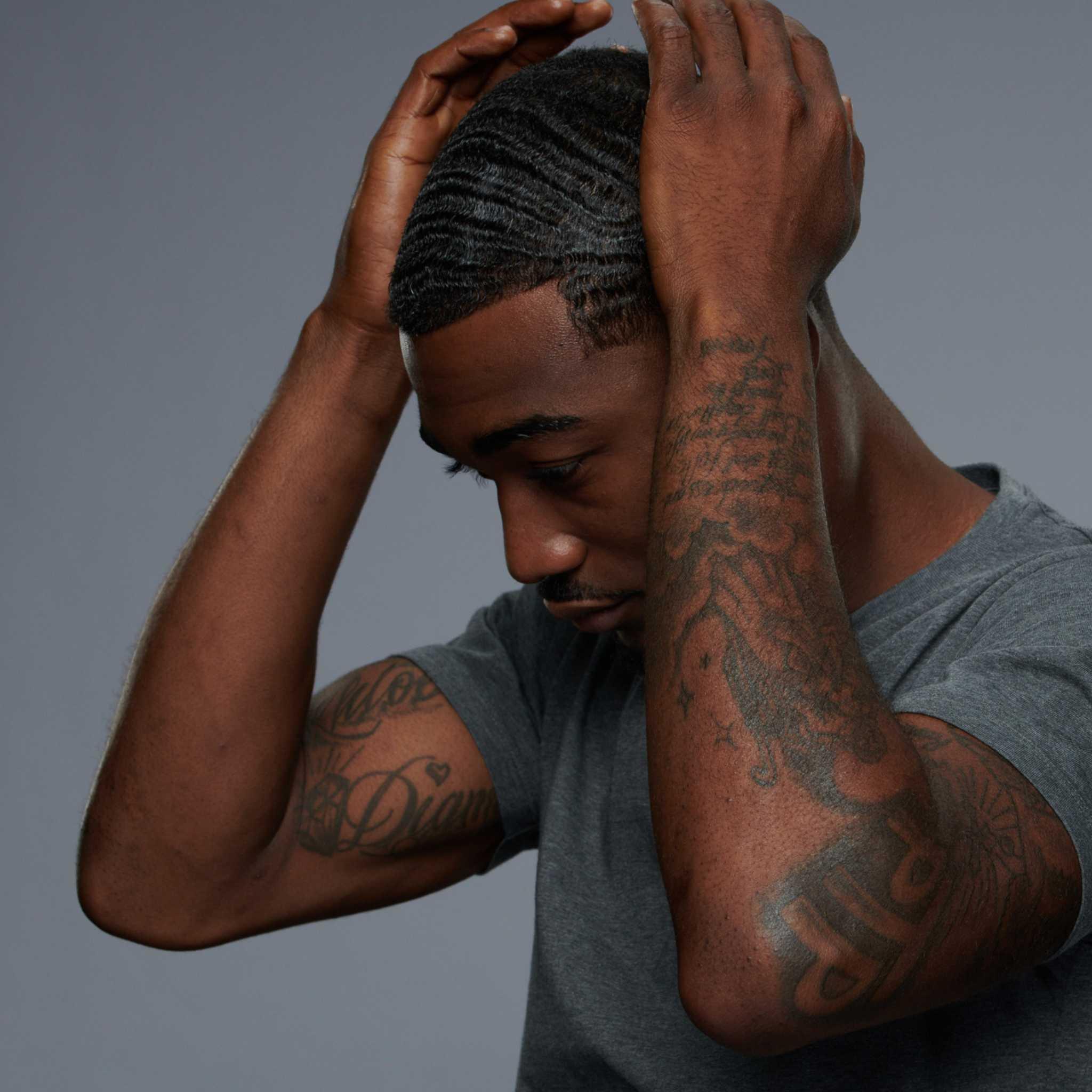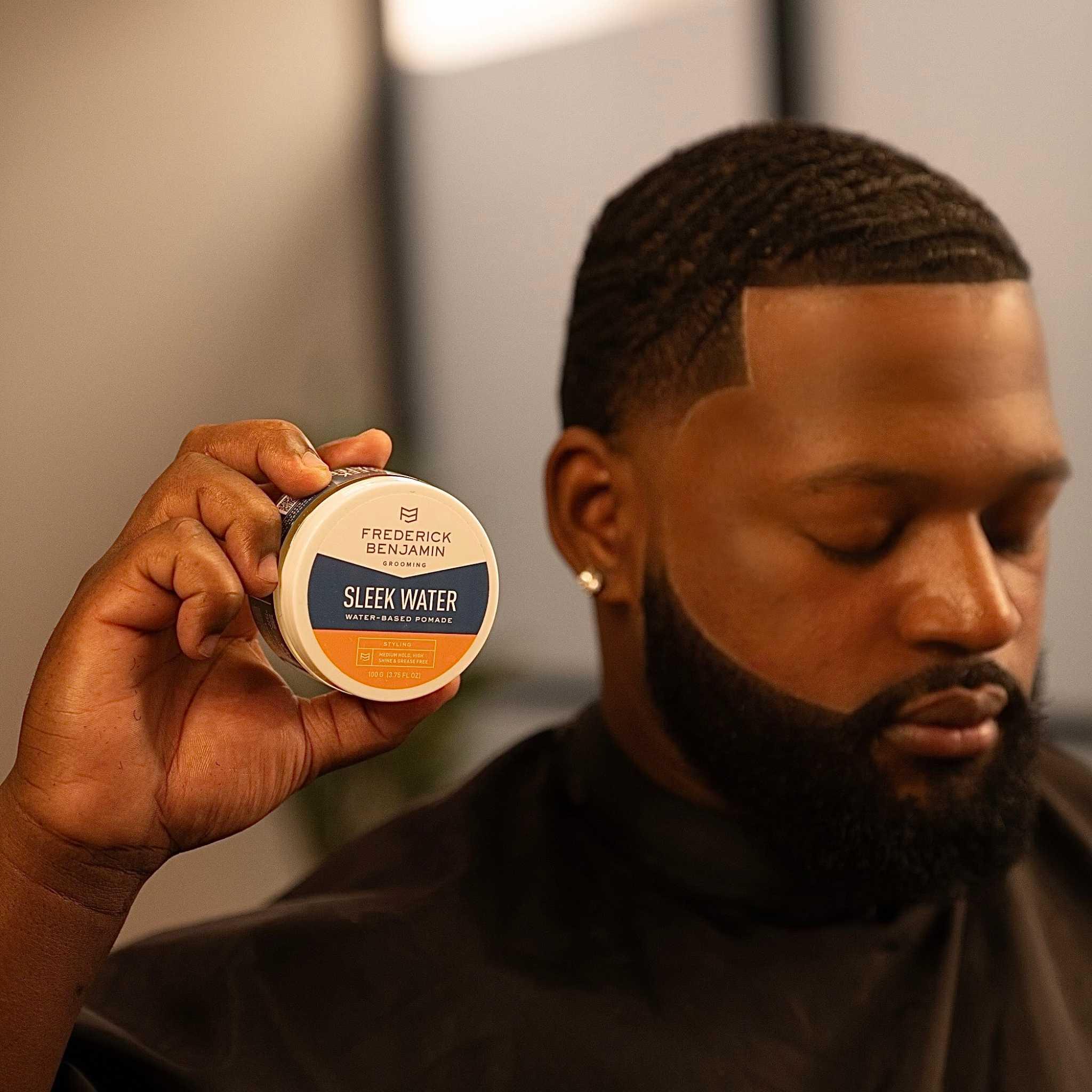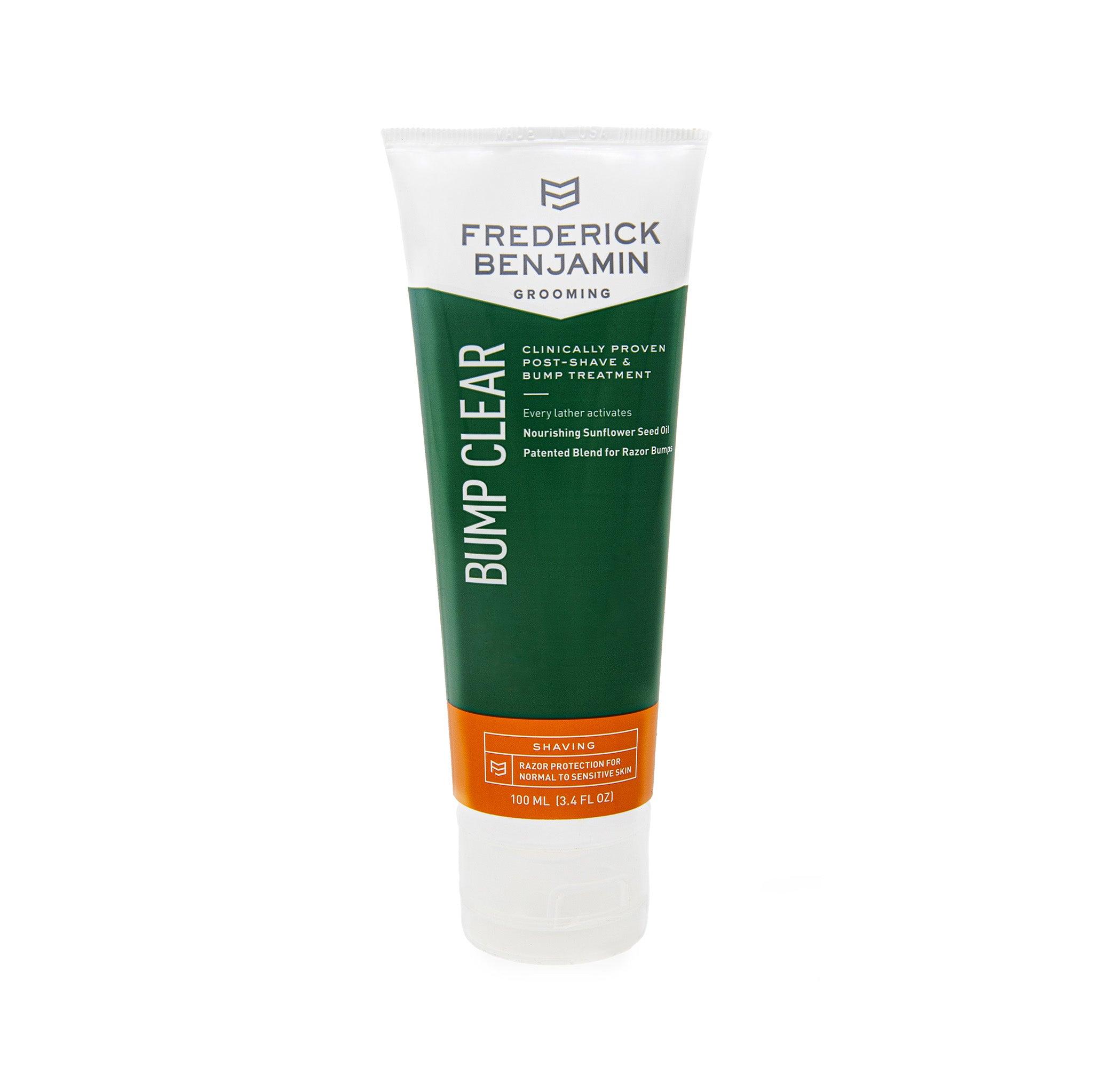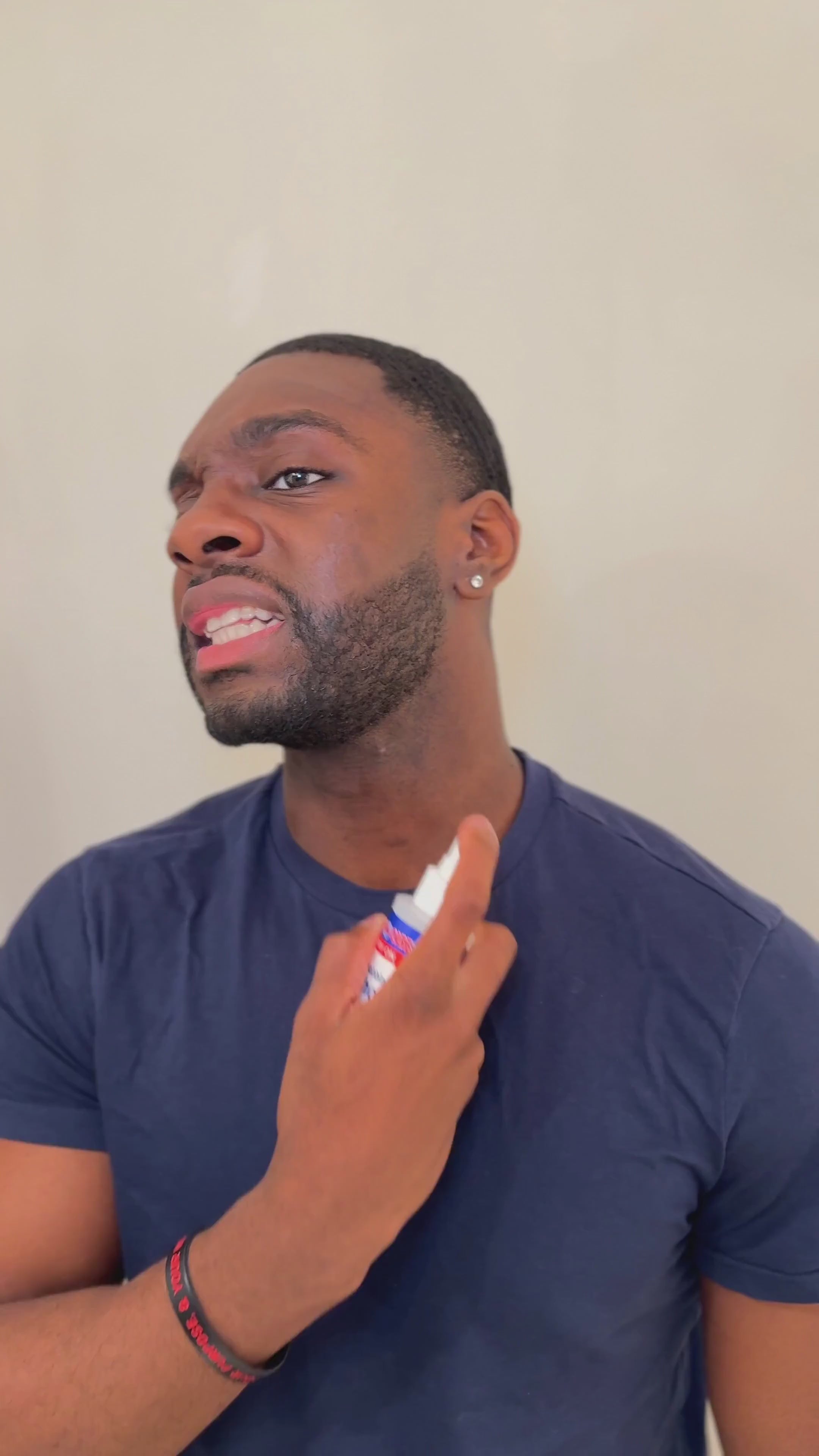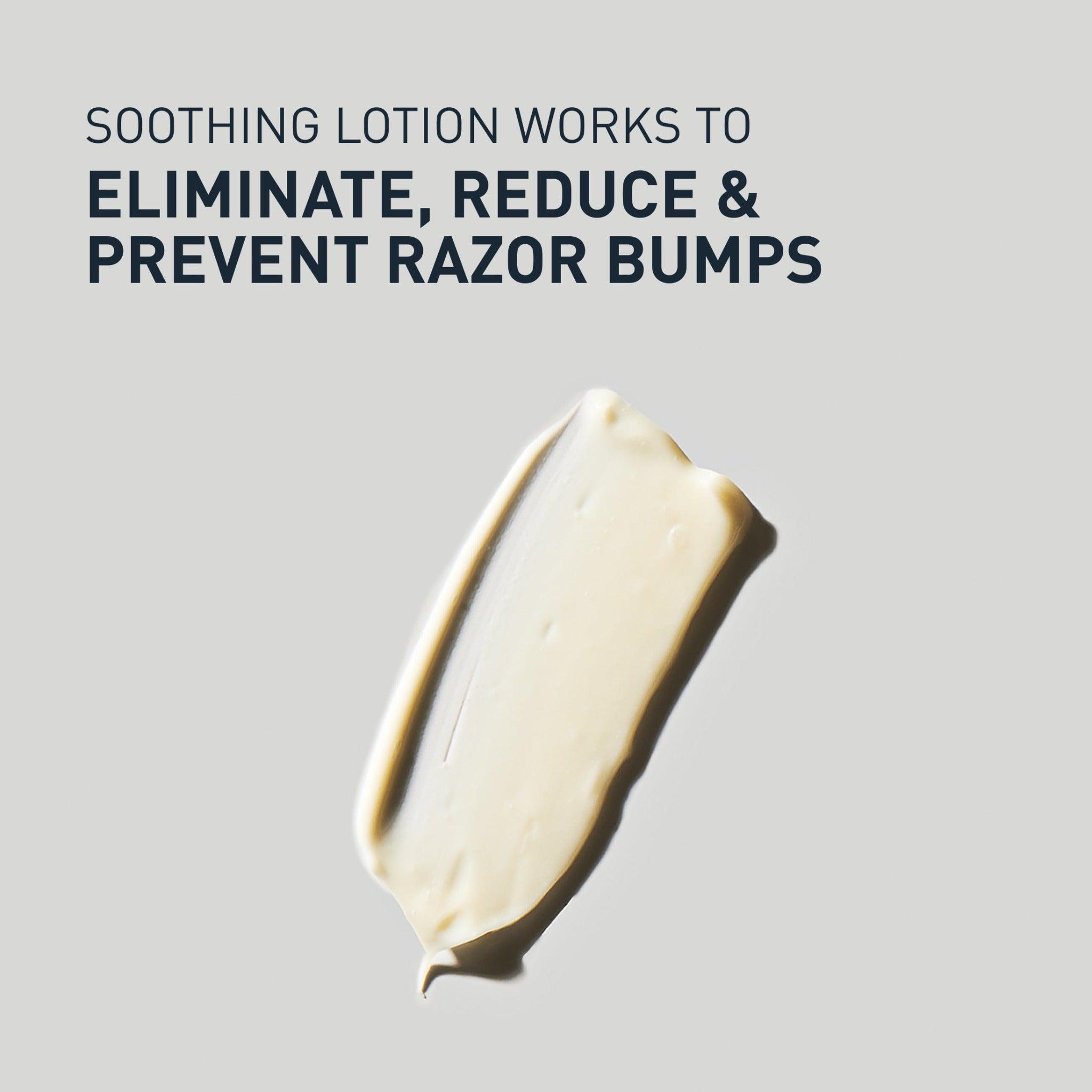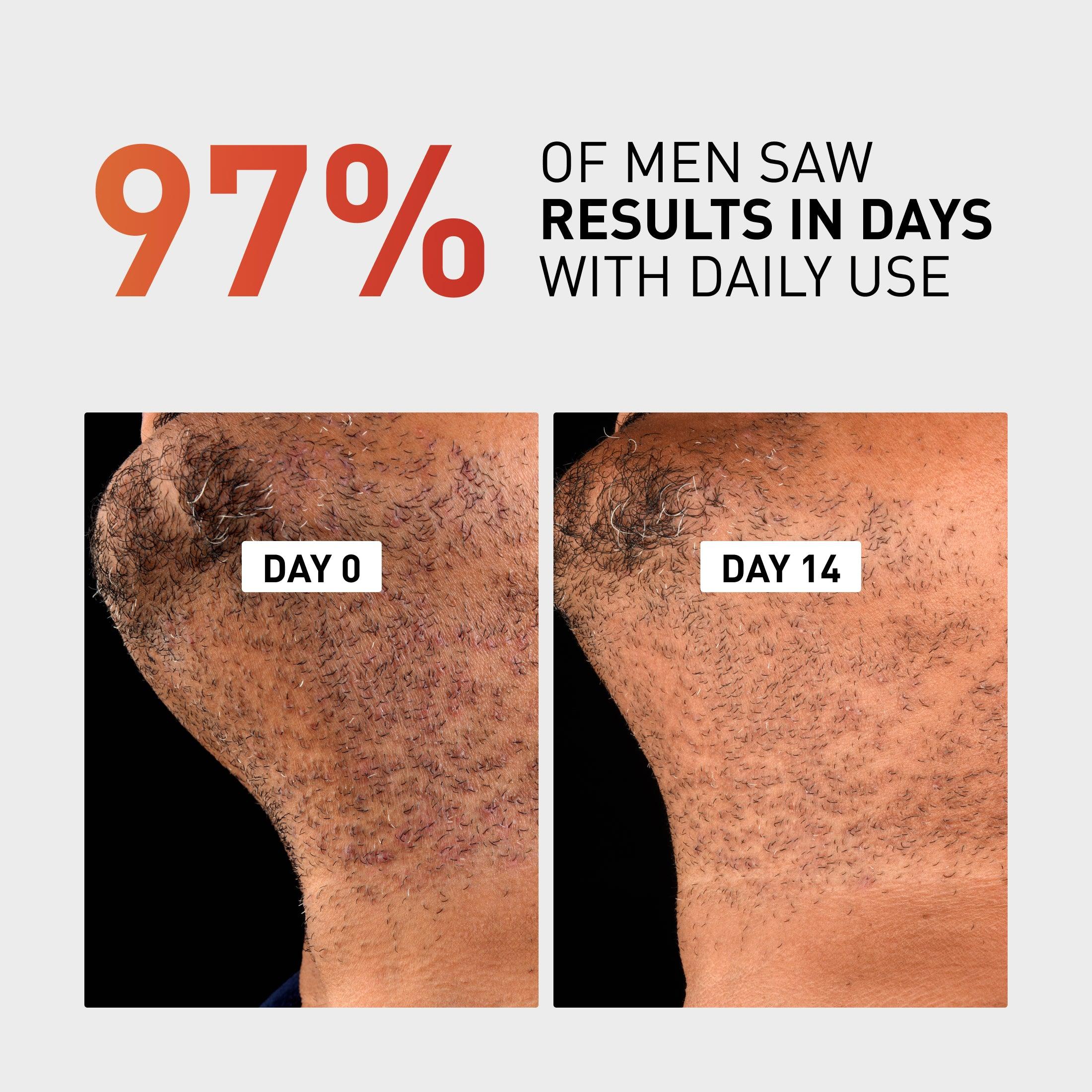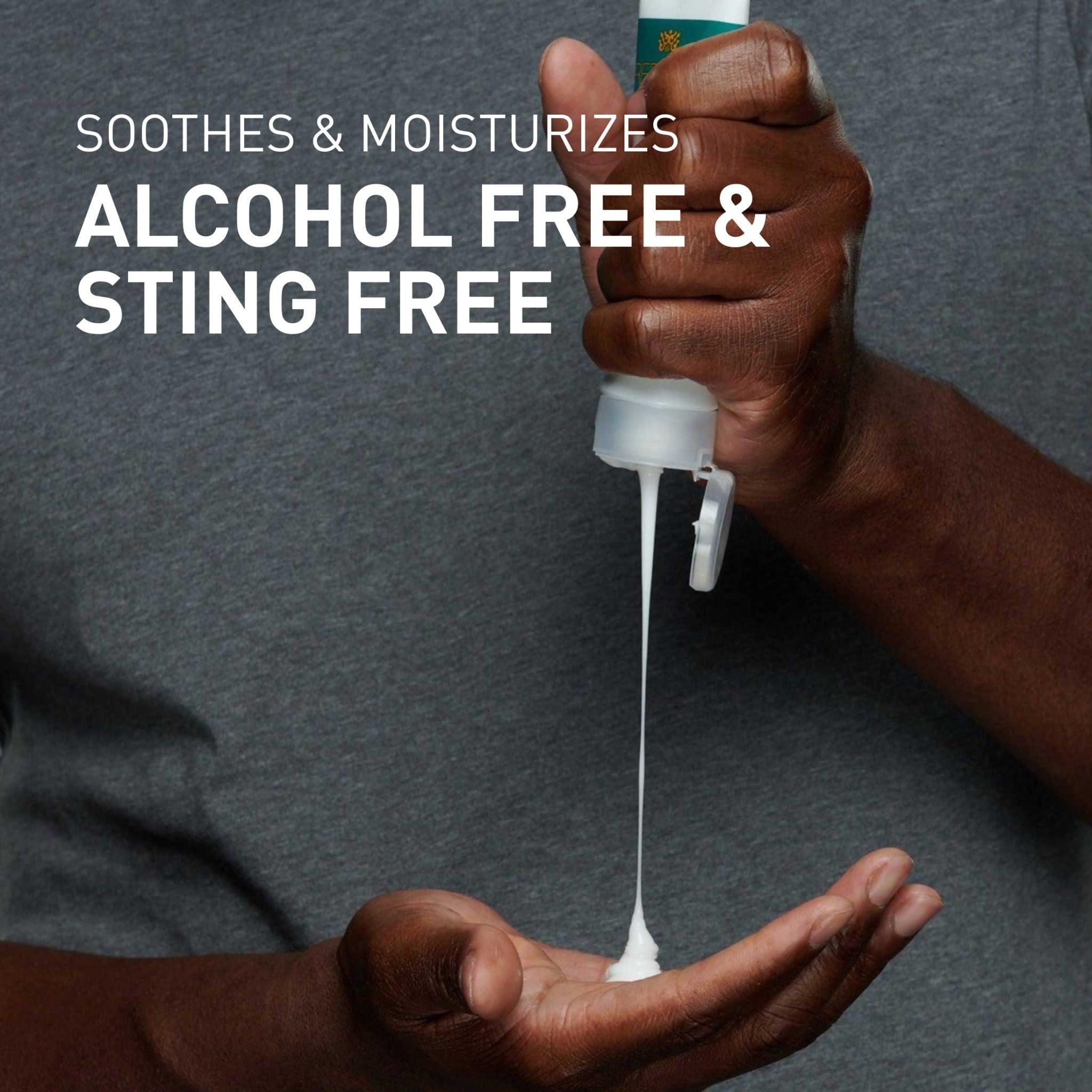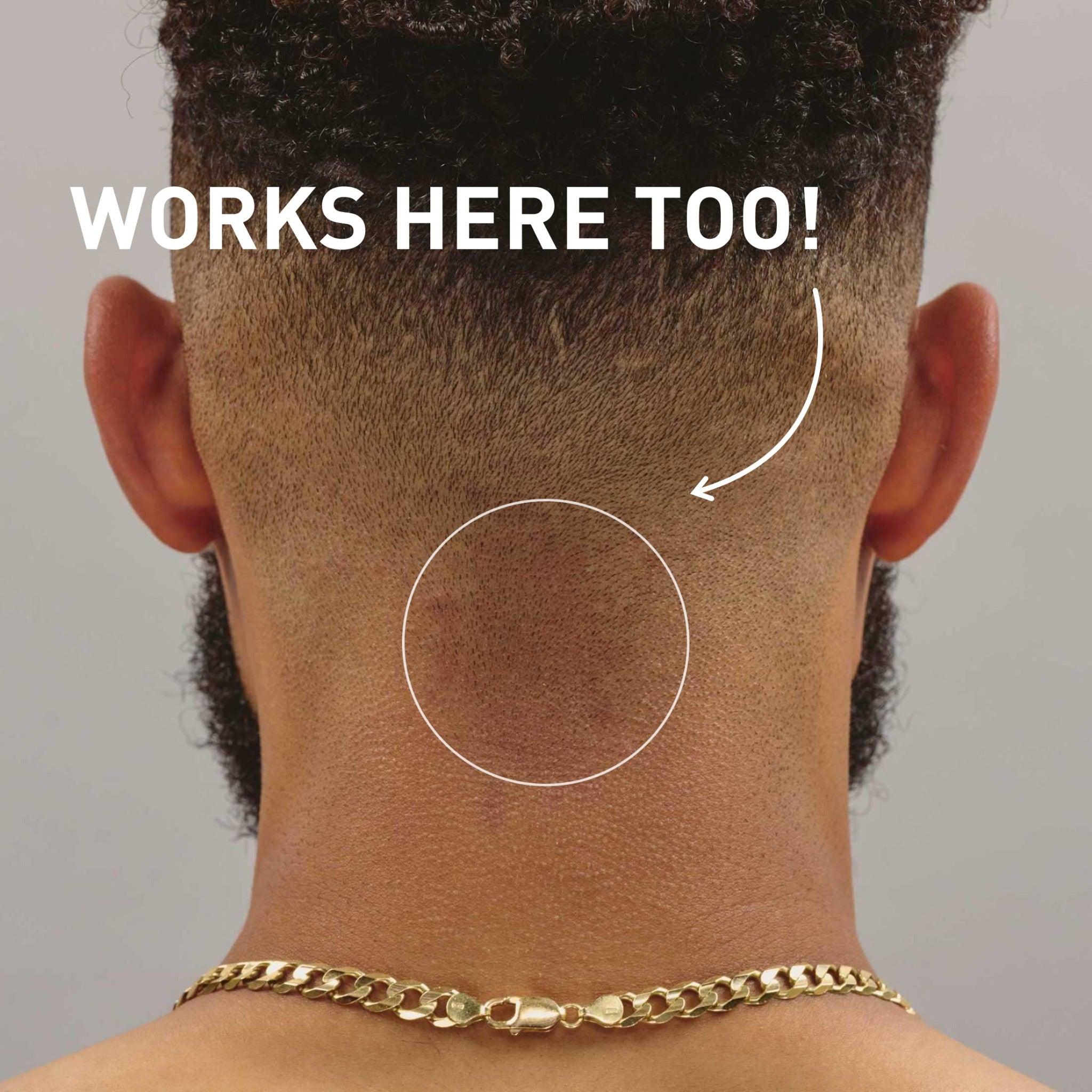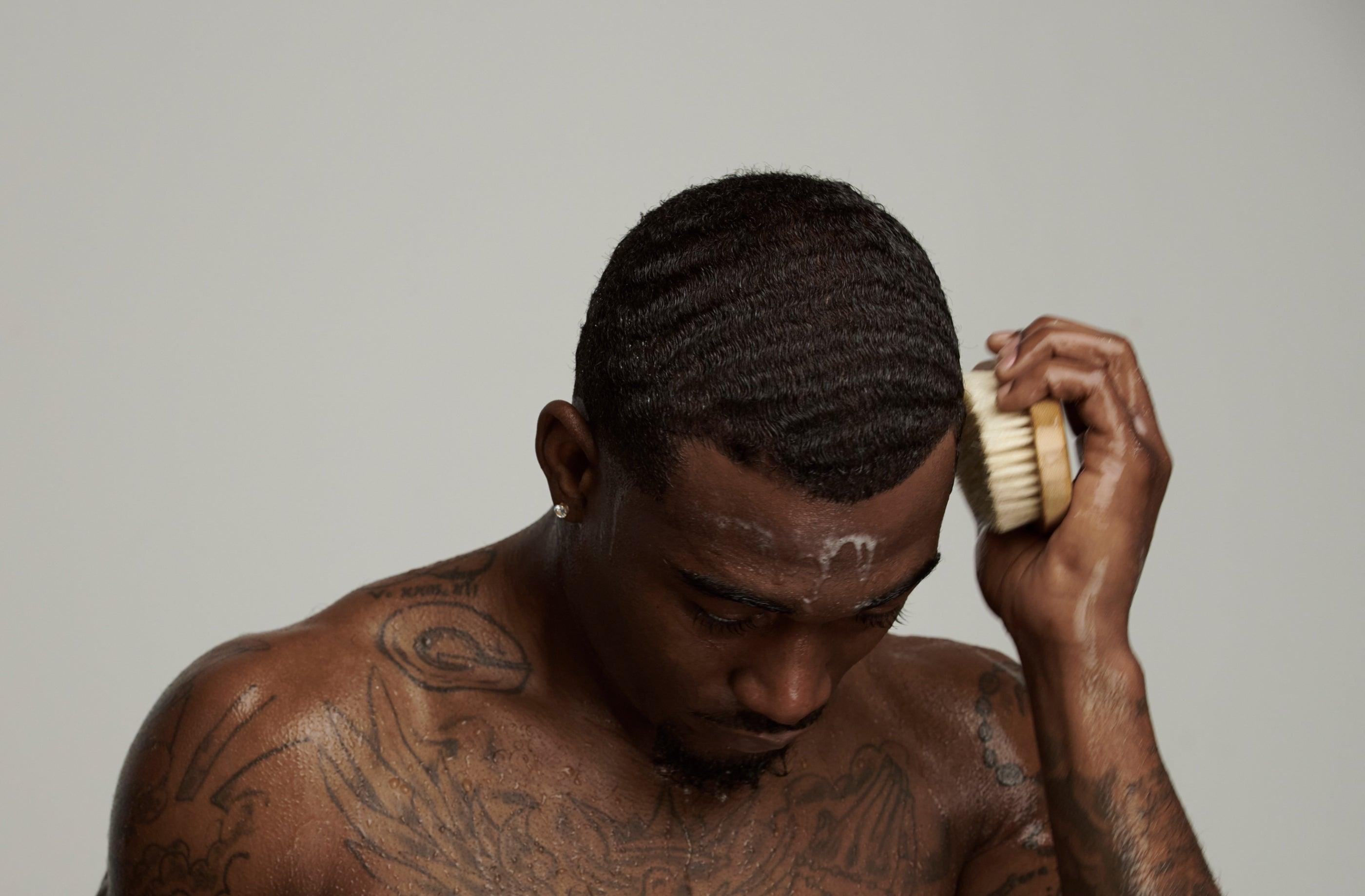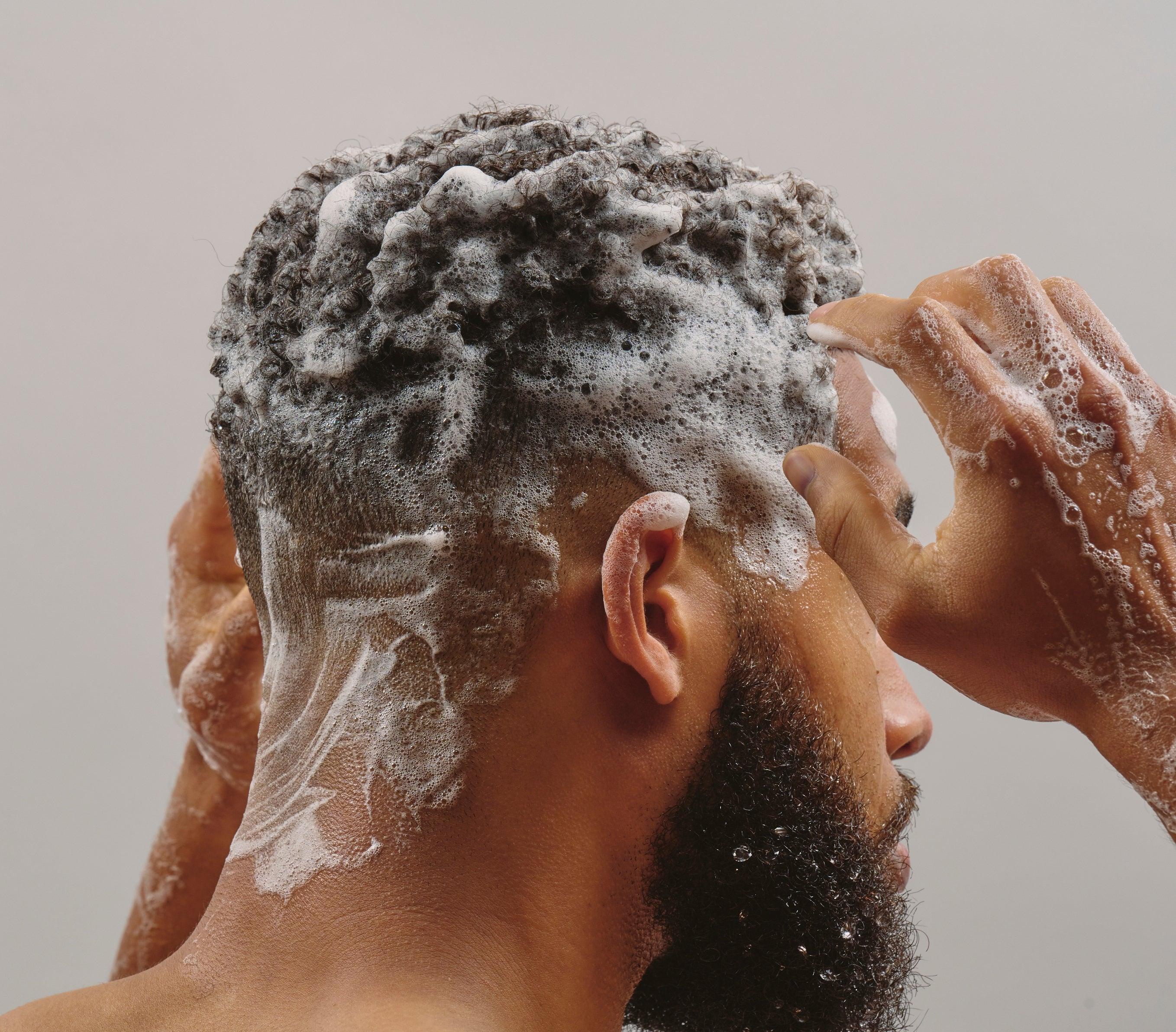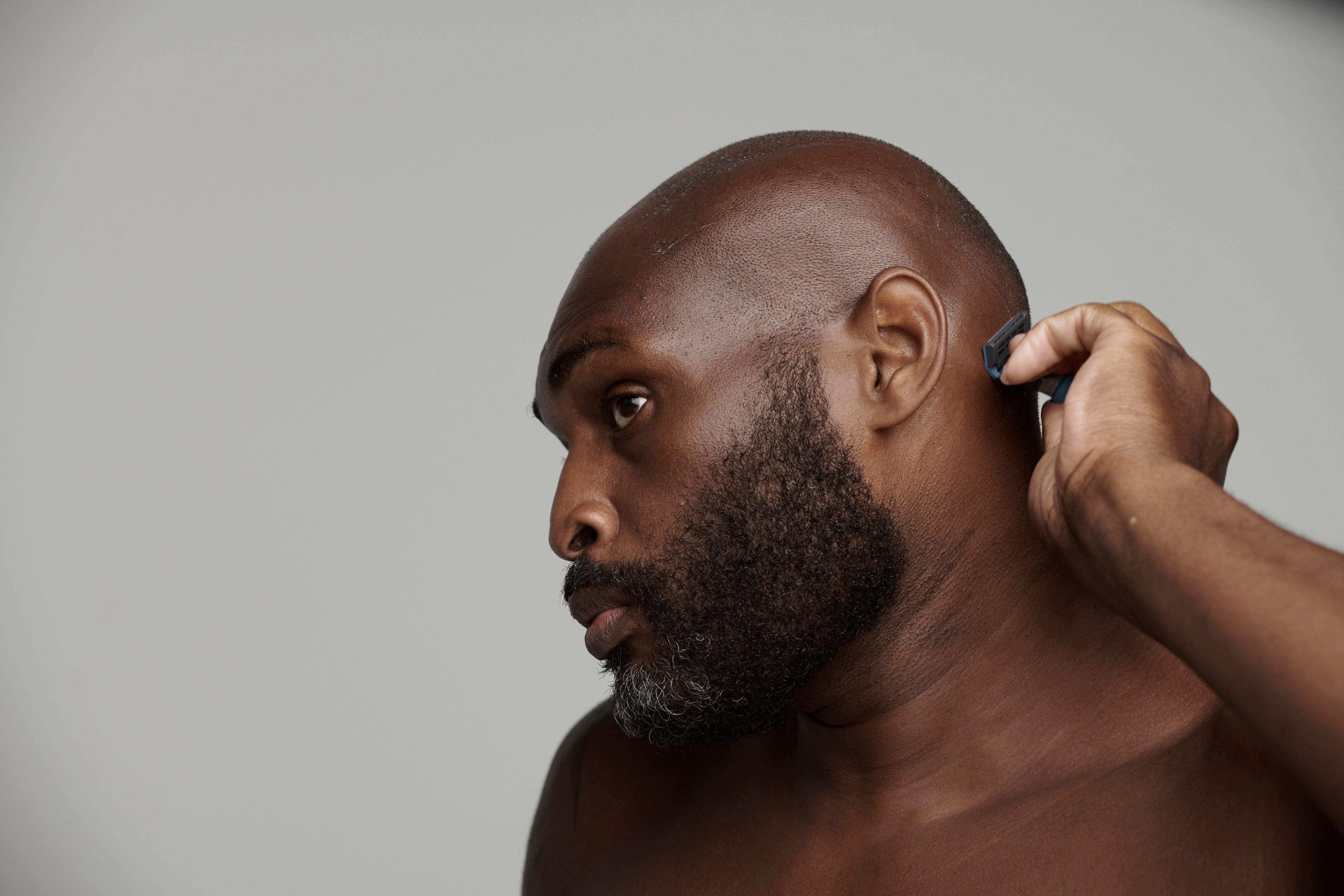Ever noticed an unbearable itch that seems to set in soon after treating your hair with oil? This itching can plague anyone, irrespective of hair type, but is particularly vexing when it comes to African American hair, known for its unique texture and care requirements. Let's dissect the causes of this itchiness and explore solutions to turn your hair care routine into a relief, not a curse.
Understanding Scalp Itchiness in Black Hair
The Itch After Oil Application
Applying oil is a regular part of hair maintenance for many Black people. However, this practice can sometimes lead to increased scalp itchiness. The reason? It's all about the type of oil used and the scalp's condition at the time of application. If the scalp is already irritated or if the oil is too heavy, it can seal in bacteria and allergens, exacerbating any pre-existing conditions.
Natural Oil and Sebum Production
African American hair produces natural oils that are essential for healthy hair growth. These oils, however, can sometimes be insufficient due to the curly nature of the hair, which prevents the oils from spreading evenly across the scalp. This can lead to dry patches that become itchy. Moreover, if additional oils are misapplied, they can disrupt the natural sebum balance, leading to a greasy yet dry scalp – a perfect scenario for itchiness to thrive.
The Role of Malassezia and Dandruff
Often, the itchiness is attributed to dandruff. Dandruff is frequently caused by an excess of oil, which feeds the yeast-like fungus Malassezia. This fungus metabolizes the oils on your scalp, producing oleic acid, which can irritate your scalp if you're sensitive to it. The result? An itchy, flaky scalp that seems to get worse with oil applications.
Correcting Common Misconceptions: The Case Against Certain Oils
While coconut oil is lauded for its moisturizing benefits, it's also comedogenic, which means it can clog pores and exacerbate scalp issues. Its heavy, greasy nature might lock in too much moisture and oil, particularly if improperly washed out, leading to increased itchiness.
Castor oil is another favorite for Black people's hair due to its thick, viscous nature, which is great for sealing in moisture. However, its heaviness can also be too much for an already sensitive or inflamed scalp, leading to further irritation and itchiness.
Optimizing Your Hair Care Routine
- Choosing the Right Oil: Opt for lightweight, non-comedogenic oils like jojoba or argan, which mimic the hair's natural sebum. These oils provide moisture without overwhelming the scalp's natural oil balance.
- Proper Application Is Key: Apply oils sparingly and focus on the ends of your hair rather than the scalp. When oil is needed at the scalp, massage it gently without saturating the area.
- Regular Cleansing: Wash your hair regularly to prevent the buildup of oils and products. Use a gentle, sulfate-free shampoo that cleans without stripping moisture. Consider products designed specifically for black hair, which address both moisture retention and cleanliness.
- Consult a Professional: If problems persist, visiting a dermatologist or trichologist can provide insights tailored to your specific needs, possibly unveiling issues like seborrheic dermatitis or psoriasis that go beyond simple dandruff.
Recommended Products
- Peppermint Oil Shampoo: Refreshes and stimulates the scalp without over-drying. We offer an invigorating soothing shampoo with peppermint, clove, nettle, and hemp seed oil. Each ingredient does the following: stimulates the scalp, stimulates blood flow, promotes hair growth, plus hydrates and moisturizes. More than one under people have rated it 4.7 out of 5 stars. Give it a try today!
- Tea Tree Oil Treatments: Utilize the antifungal and antibacterial properties of tea tree oil to soothe itchiness and prevent dandruff.
- Shea Moisture's African Black Soap Deep Cleansing Shampoo: Designed to soothe dry, itchy scalp while balancing black hair's natural texture and shine.
Understanding the root causes of scalp itchiness and adjusting your care regimen accordingly can profoundly change your hair's health and your comfort. Embrace these tips to nurture your scalp and maintain the vibrant, healthy black hair you cherish.




